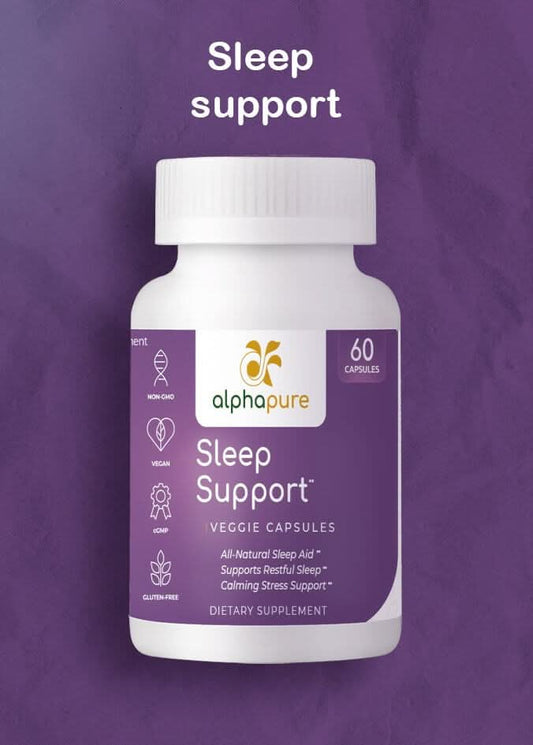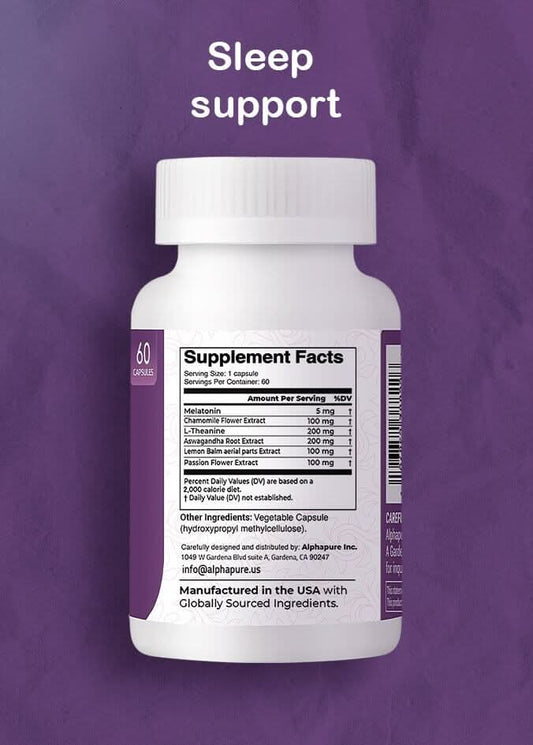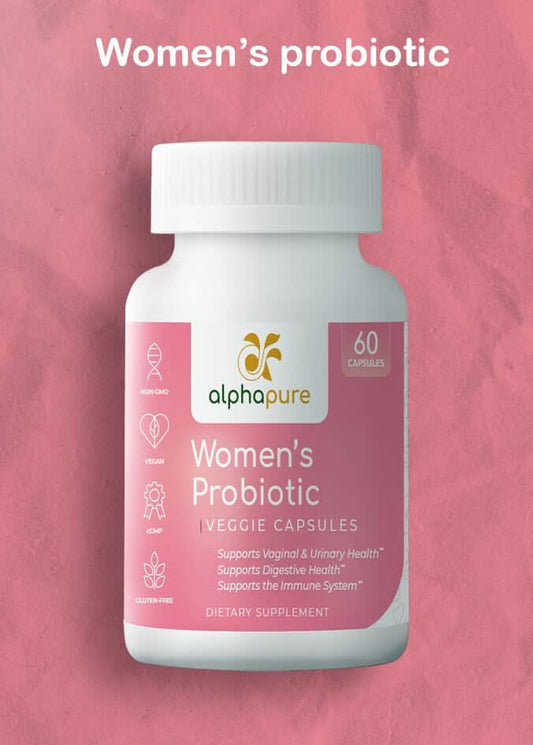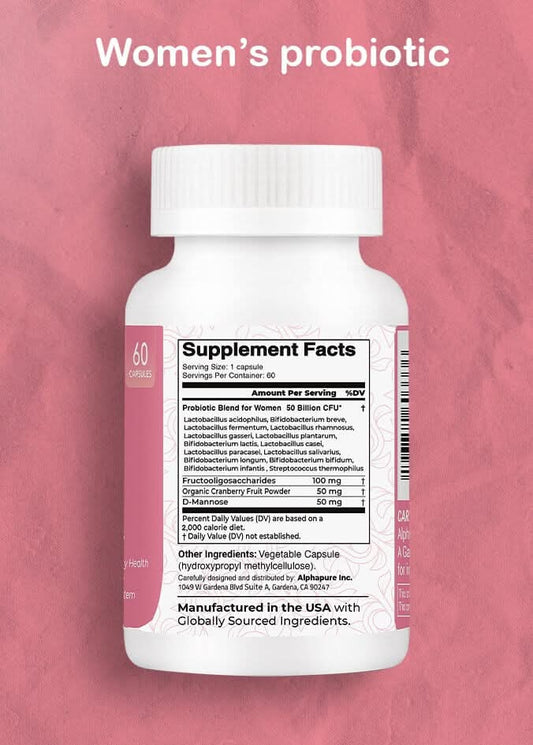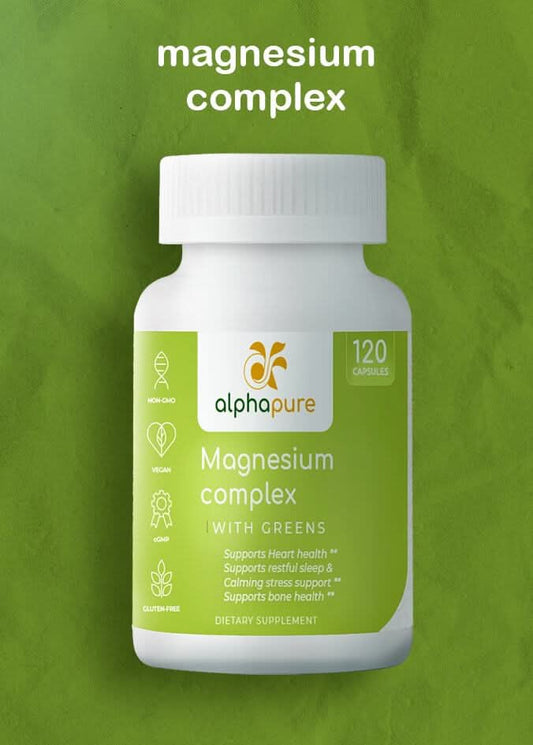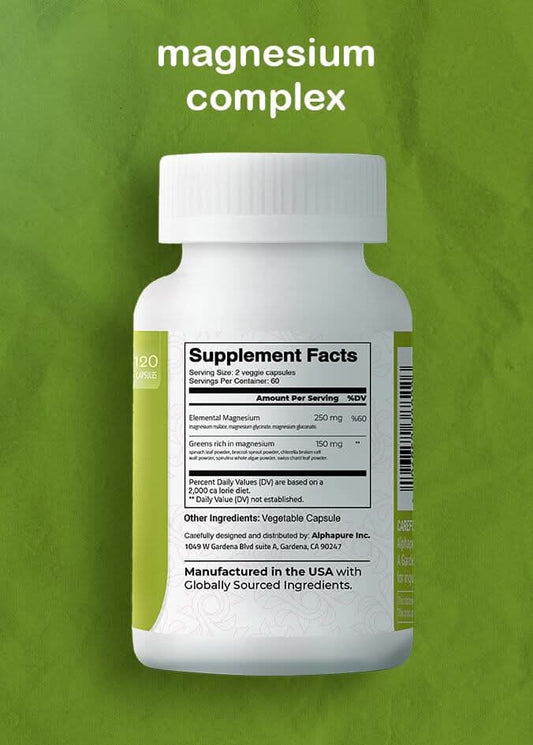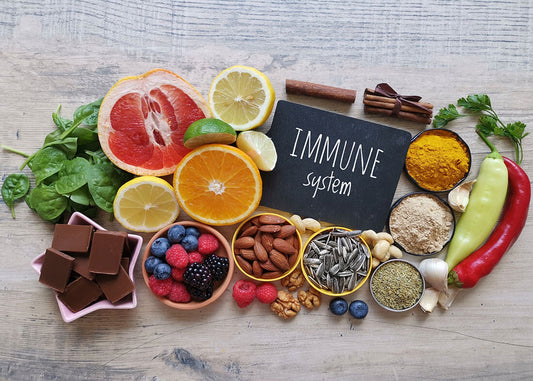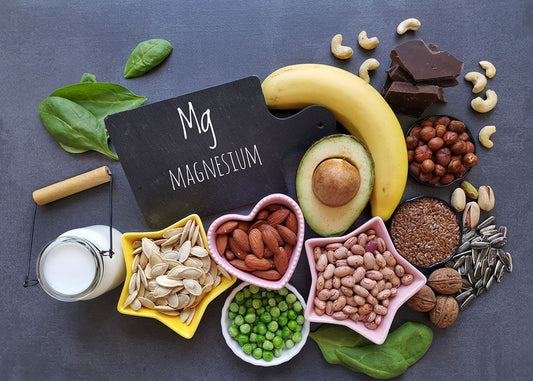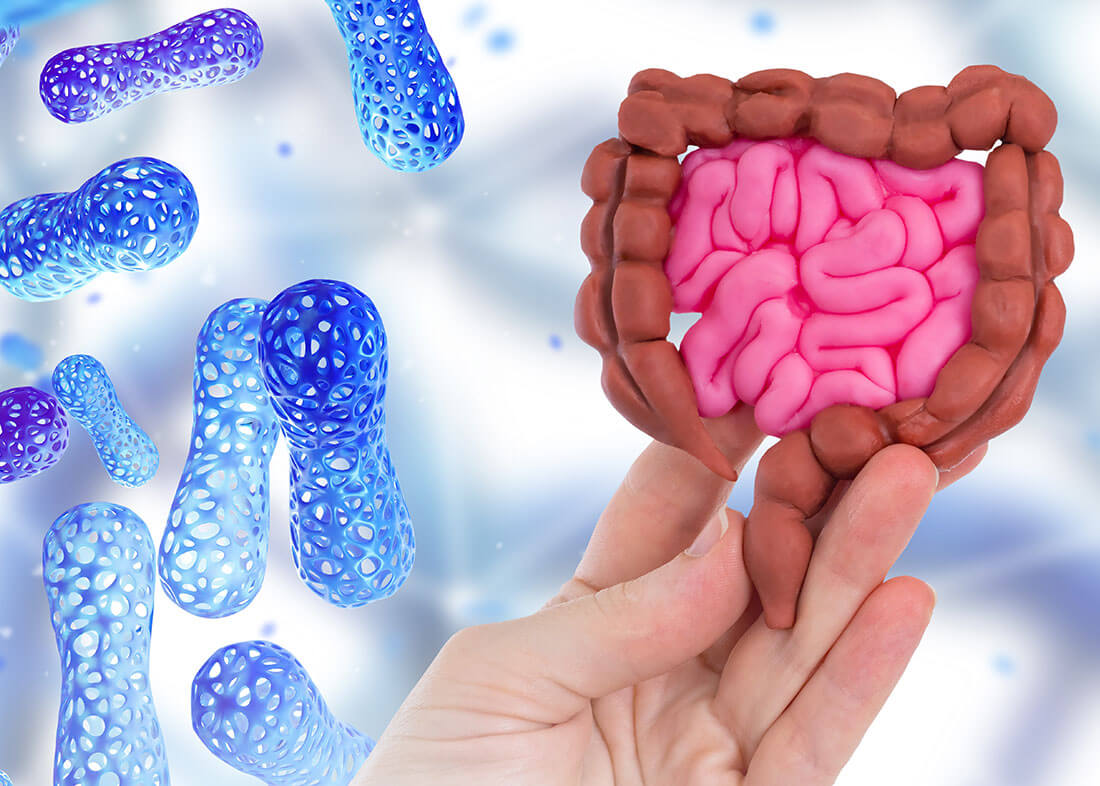
Understanding the Power of Prebiotics and Probiotics Differences?
Unlike prebiotics, probiotics are living microorganisms, such as bacteria and yeast, which the body is incapable of digesting. Probiotics require prebiotics as a source of food. Prebiotics and probiotics are equally important in our body.
Healthy gut bacteria balance intestinal flora and inhibit harmful bacterial growth. Various fermented foods, such as yogurt, sauerkraut, kimchi, and kombucha, as well as supplements, contain them. Regular consumption of probiotics improves digestion, boosts the immune system, and even enhances mental clarity. In order for probiotics to thrive, prebiotics must supply the necessary nutrients that allow them to grow and function effectively.
A healthy colony of bacteria and other microorganisms in the gut, as well as aiding in digestion, are supported by prebiotics and probiotics. A food component provides nourishment and creates an environment in which beneficial bacteria can flourish, which promotes the growth of beneficial bacteria.
Prebiotics are found in foods high in fiber, such as fruits, vegetables, and whole grains. Probiotics are present in a variety of fermented foods, including yogurt, sauerkraut, and tempeh.
Probiotics: Benefits and Side Effects
The consumption of probiotics, such as yogurt, can be beneficial for digestive health. Inconclusive research has been conducted on the effects of probiotics, but it suggests that they may benefit the following areas:
-
The Digestive System
In a number of studies, probiotics have been found to improve digestion in some individuals. In a Cochrane review published in 2017, probiotics significantly reduced the risk of antibiotic-related diarrhea by 60% when taken while on antibiotics. Several studies conducted in 2014 found that probiotics may help prevent the life-threatening disease necrotizing enterocolitis in preterm infants. -
Mental Health
The mental health of some individuals may be improved by probiotics, according to a smaller body of evidence. Probiotics may alleviate symptoms of depression, according to a review reported in 2017 by Trusted Source, although further research is needed to confirm these findings. The possibility exists that probiotics have this effect because of the link between the health of the gut and the health of the brain. -
Gastrointestinal Health
A number of studies have shown that probiotics may be beneficial for people who suffer from stomach and intestinal disorders. In a systematic review of trials on patients with irritable bowel syndrome (IBS), probiotics were found to improve symptoms of the disease. However, it is unclear how significant the benefits are or which strains of probiotics are most effective. -
General Health
An analysis of 17 Cochrane reviews conducted in 2017 examined the evidence supporting probiotics' potential benefits. According to their findings, probiotics may decrease:- The need for antibiotics
- School absences due to colds
- The incidence of ventilator-assisted pneumonia
- Gestational diabetes
- Vaginal infections, such as yeast infections
- Eczema
However, the authors concluded that more research is necessary to determine whether probiotics are effective at preventing illness.

Side Effects
The same review noted that individuals with Crohn's disease were more likely to experience adverse effects when taking a particular probiotic. There was also a higher risk of side effects for people with weakened immune systems. A number of other studies conducted by the National Center for Complementary and Integrative Health (Trusted Source) support the conclusion that probiotics may not be suitable for people with serious medical conditions. Many studies fail to provide safety data, including information on adverse events, even when they claim to prove the efficacy of probiotics, according to a 2014 analysis by Trusted Source of probiotic trials. Due to a lack of data regarding the safety of probiotics, scientists are unsure of their risks, particularly if they are used long-term. If you are concerned about the risks of side effects, you should consult your physician before dramatically increasing your intake of probiotics.
Prebiotics: Benefits and Side Effects
There is no need to supplement prebiotics for most people since their diet provides sufficient amounts. Prebiotics are components in some foods that cannot be digested by the body. As a result, they provide food for beneficial bacteria in the gut and other beneficial organisms. Prebiotics offer benefits similar to those associated with probiotics. As a result, prebiotics may help maintain a healthy gut, resulting in improved digestive function, fewer antibiotic-related side effects, and other advantages.
Prebiotics are less researched than probiotics. Consequently, it is difficult to determine the extent to which prebiotics are beneficial to health. It is not entirely clear whether prebiotics will be able to strengthen the benefits they are expected to provide. According to some research, prebiotics may have the following benefits for the body:
- Increasing calcium absorption
- A change in the rate at which carbohydrates are processed by the body
- Promoting probiotic growth in the gut, which may enhance digestion and metabolism
Natural prebiotics can be found in a wide variety of foods, so supplementing with prebiotics is not necessary. Prebiotics and probiotics can be taken together without harm. There is currently no evidence that this is harmful. If you have chronic diseases or serious illnesses, you should avoid taking probiotic or prebiotic supplements unless directed to do so by your physician. Additionally, research into the side effects of prebiotics is still in its infancy and requires further investigation.
Interaction of Prebiotics and Probiotics
Prebiotics act as food for probiotics, so probiotics must have access to prebiotics in order to function properly. Researchers are currently investigating the relationship between prebiotics and probiotics, but they cannot confirm whether taking prebiotics will promote the growth of probiotics.
Foods
Healthy individuals can obtain a variety of prebiotics and probiotics through their diet if they consume a balanced and varied diet.
-
Consuming Probiotic Foods
A number of foods contain probiotics, including:- Yogurt
- Kefir
- Fermented foods, such as sauerkraut and kimchi
- Kombucha
- Traditional fermented buttermilk
- Fermented cheeses, such as Gouda
-
Consuming Prebiotic Foods
A diverse diet provides a person with a variety of prebiotics, which may promote the growth of various bacterial strains. Prebiotics are found in many foods that are high in fiber, such as:- Fruits
- Vegetables
- Whole grains
Prebiotics are also present in some foods that contain probiotics. The sugars found in breast milk provide babies with access to prebiotics, and some infant formulas also contain prebiotics.
Conclusion
Prebiotics and probiotics are not necessary for most healthy individuals. In most cases, the risk of taking them is minimal if the individual does not have a weakened immune system or an underlying medical condition. People can obtain sufficient prebiotics and probiotics by consuming fruits, vegetables, whole grains, and fermented foods. It is recommended that people consult a doctor or dietitian if they need specific advice regarding the right diet for their particular circumstances.

